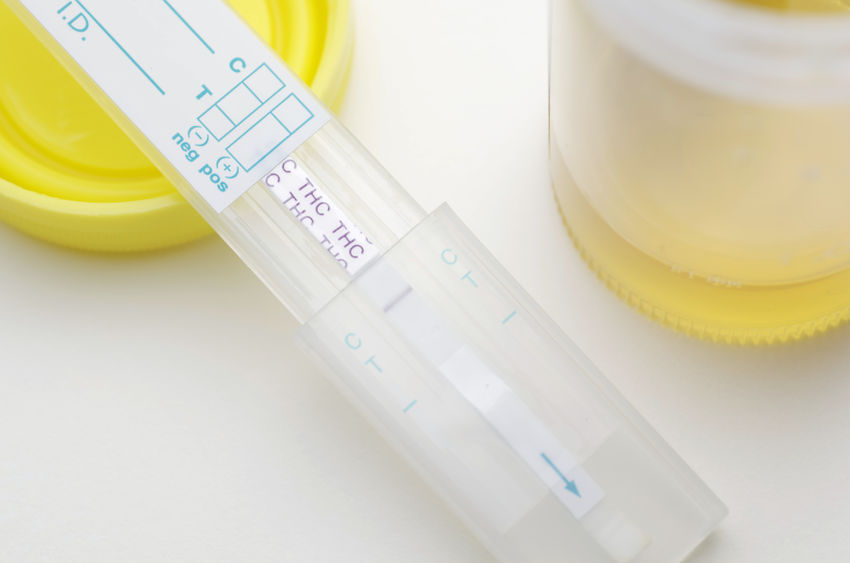DOT Drug Testing Rules – Employee Education
The US Department of Transportation (DOT) covers air, sea, underground, rail, and road transport; it employs millions of people every year. Part of the recruitment process involves DOT drug testing. The following quick guide will assist employees and applicants to familiarize themselves with the process.
Who Is Subject to DOT Drug Testing?
Everyone that meets the threshold of the department’s definition of safety-sensitive employee must be tested. This covers workers in aviation, commercial motors, maritime, pipeline transit and railroad. Flight crews, instructors, and controllers are tested. Anyone possessing a commercial driving licenses, drivers of vehicles carrying more than 16 passengers and crews of commercial ships are also subject to DOT testing. Everyone involved in operating, maintaining and securing pipelines, railroads, vehicles in transit is also required to undergo testing. Drug and alcohol-free employees, significantly reduce crashes and accidents.
Why Are Safety-Sensitive Employees Tested?
Safety-sensitive employees are tested to guarantee safety to the public. It is also done to protect employees and their colleagues from any drug fueled harm. The law also requires for testing to be done to rid the transportation industry of any drugs and alcohol. The testing procedure is universal for all departments. Whether in transit, rail, maritime, pipeline or aviation, safety-sensitive applicants and employees are required to adhere to procedures outlined in the 49 Code of Federal Regulations (CFR) Part 40. Regardless of the DOT agency requiring the drug test, the drug testing process always consists of collection; testing at the laboratory; review by the Medical Review Officer. Anyone who tests positive for drugs must be immediately removed from safety-sensitive duties.
What Substances Does DOT Drug Testing Test For?
The Department of Transportation tests for the following drugs: Marijuana, Amphetamines, Cocaine, Phencyclidine, and Opiates which include heroin, codeine, and morphine. They test using urine samples only. Prescription and over the counter drugs are permitted if prescribed by a licensed physician with some exceptions. Safety-sensitive workers need to inform their doctor of the nature of their job to ensure that the drugs do not compromise their safety-sensitive tasks.
When Will I Be Tested?
DOT drug testing will occur in any of the following occasions:
- Pre-employment – when starting a safety-sensitive job you are required to undergo a drug test. A negative test is mandatory before commencing the tasks.
- If you move from a non-safety-sensitive department to a safety-sensitive area, you are also required to test.
- If a supervisor suspects that you are using drugs or alcohol, they can subject you to a test. Their suspicions must be objective and guided by appearance, odor, speech, and manners of a worker.
- If involved in an accident meeting certain criteria you will be tested for drugs and alcohol. You will also be checked when returning to safety-sensitive duty after violation of a drug and/or alcohol rule.
- Tests are also carried out randomly and as follow ups to employees who have testing violations.
If you currently work in a DOT, safety-sensitive position and failed a drug test, SAP Referral Services can help. We are a leading facilitator for mandated substance abuse and psychological evaluations and can connect you with a Substance Abuse Professional (SAP) in your area. Click here to learn more about our FastTrack Enrollment Program – a program designed to get employee/applicants enrolled and scheduled with a SAP quickly.
source:
What Employees Need to Know About DOT Drug & Alcohol Testing


